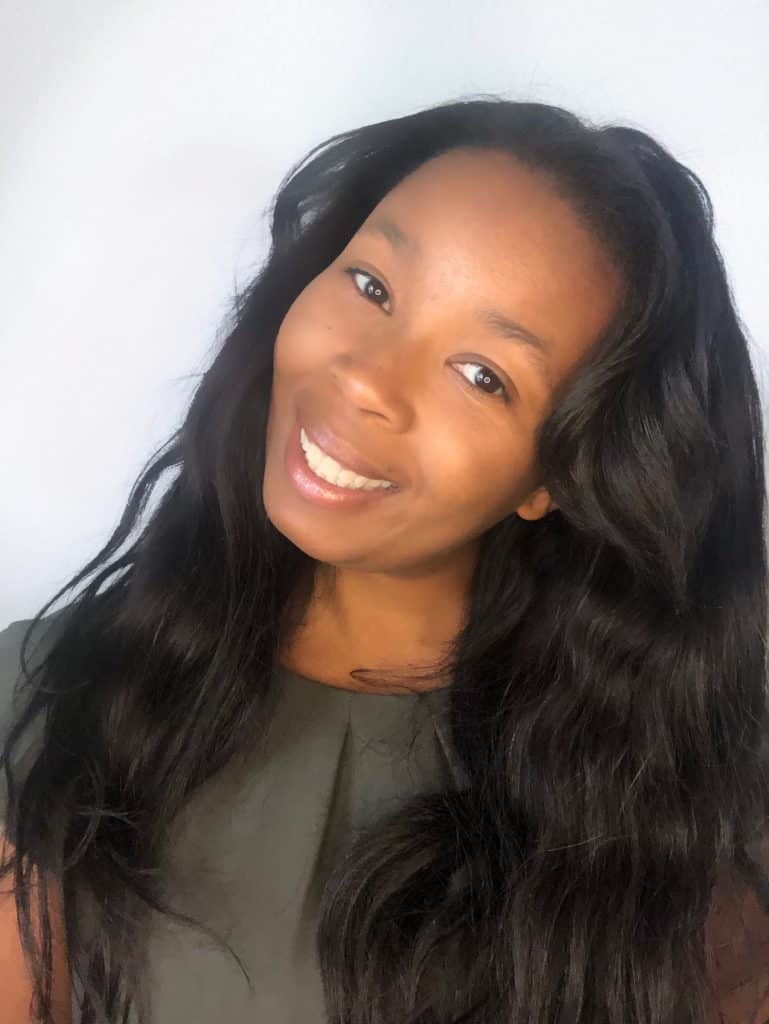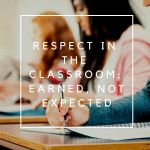Education: To work in special education is never an easy feat. However, “educating within special education as a Black Woman is downright traumatic.” I thought this recently as I stood in the classroom, recalling countless conversations I’d had with my special education colleagues. Black students are referred and assigned to special education restrictive programming at a disproportionate rate compared to students of other races. Not only are they designated to more restrictive environments, but they are also disproportionately disciplined and restrained. With increased enrollment in special education across the United States, we must prioritize quality programming, effective school teams, resources, and funding.
As a Black educator, my advocacy and activism in education relate specifically to the instruction, culture, and climate of Black students, Black educators, and special education. If we want to ensure equitable education for all students, we must prioritize the following:
Black Students in Special Education Deserve Asset-Based Approaches
Our current special education model is founded on a deficit lens. It consistently tells students they are not good enough because they do not compare to their peers based on the characteristics and abilities that they lack. For example, I clearly remember a general education inclusion teacher assigned to instruct Deaf and Hard of Hearing students in their classroom inappropriately ask a Black Deaf student’s parent, “What can they do – since they can’t hear?” Statements like this are deeply steeped in deficit thinking and are common narratives for Black children who receive special education support.
Imagine being a Black student who is disabled – constantly policed, and whose academic standards are lowered. When I had to write Individualized Education Plans (IEP), there was a specific protocol for writing an IEP. We were taught that we must write at least one line about students’ interest in the area being discussed and then all of their deficits in that area with an indication of what the students need to achieve to be more like their peers. I find it awful that we must compare students to a standard that even their peers, without a diagnosed disability eligibility, can’t achieve.
This deficit lens results in low expectations and beliefs that impact and limit Black students’ achievement. I wonder, if we began writing IEPs from an asset-based approach, would some students with diagnosed disabilities still be considered to be behind their peers? Educators must empower students to be a part of the IEP process both in the IEP development and during IEP meetings. Using student voice and choice to design their learning spaces supports and facilitates meaningful instruction. We must develop asset-based IEPs that include adaptations to curriculum and assessments, capitalizing on their assets through accommodations.
Black Students in Special Education Deserve Culturally and Linguistically Relevant Teaching and Learning
Teaching and learning have always been aligned to meet the needs of White students without disabilities. This is evident in school curricula choices, literature books that are banned versus those not banned, and even representation within the teaching workforce. We teach students who receive special education services life skills rather than challenging and supporting them with academic rigor and high standards. We teach students receiving special education services how to socialize and navigate general education and community spaces. Yet, we rarely teach students and teachers in the general education setting how to navigate and socialize with students receiving special education services. We must ensure that all educators are knowledgeable about the intersections of ethnicity and race with Deaf culture, neurodiversity, and disabled humans. Educators need to respect racial and cultural diversity and the diversity of student languages in their classrooms.
Furthermore, educators should provide representations of students with differing abilities within the curriculum. For example, My Deaf Friend Can Do Anything You Can Do by Tanesah Ausby discusses tolerance and acceptance while featuring a young Deaf Black girl and her hearing friend. We must also ensure that we provide diverse pathways to access and engagement within the curricula and general education programming.
One powerful example is engaging Black Deaf Adult mentors in the classroom in support of students and teachers. Educators and leaders should also take time to invest in developing relationships with families. This creates meaningful dialogue with families and the adults in the lives of students to better understand students’ familial, social, and cultural backgrounds and to incorporate parents’ observations in the development of teaching and learning. These are just a few ways educators can ensure their Black students with special needs are seen and affirmed in the classroom.
Black Students in Special Education Deserve Quality Teaching and Learning
An unlicensed, unqualified substitute teacher in a special education classroom perpetuates harm to students with differing abilities and borders on educational neglect. I have witnessed how unprepared, less experienced teachers provide less rigorous or less effective instruction and often turn on a television or pass out worksheets while complaining that students “are behavioral issues.” Black students in special education deserve an education that prepares them to continue their education and successfully engage in life. Yet, we don’t ensure that teachers are well-developed professionally or qualified to teach them.
Assigned to observe and support a teacher within the special education department, I noted that the kindergarten and first-grade students in the class were expected to sit at their desks and do worksheets throughout the day. They were not only inappropriately taught and engaged but the Black children were also dehumanized by the teacher’s comments about their identity and worth. Yet, no matter how many complaints were made by colleagues and families, the teacher remained in her position in the classroom due to teaching shortages in special education. Black students receiving special education services deserve teachers who see them as humans with brilliance and who can effectively support their growth and learning.
Black Students in Special Education Deserve the Best Education Possible
We must be better and establish greater protections for our students who receive special education services, especially our Black students. Those students who require the most protection are often receiving less quality, enriched, rigorous, effective, and equitable access to teaching and learning. As a Black woman in special education, it is disheartening and draining to see, hear, and feel the mistreatment of youth whose diversity should be celebrated and included within the school community and culture. Dehumanizing their individuality, neglecting representation, and providing subpar education is educational malpractice. Implementing changes to celebrate their identities, affirm their abilities, and provide them with high-quality instruction would allows me to breathe a little easier and feel lighter each day knowing their educational experience is prioritized.

Felicia Rutledge, Ph.D., serves as a Regional Multi-Tiered System of Supports Coordinator at the University of Nevada, Reno, supporting educators with implementation of tiered supports. She is a special education consultant and coach, a Teach Plus Nevada Senior Policy Fellow and a Nevada Succeeds InspirEd Global Fellowship Alumna.
Editor’s Note: If you enjoyed this article, please become a Patreon supporter by clicking here.







Hi,
I taught in the Inner-City of Jersey City for 38 years. Almost all of my students were minority kids with brown or black skin. My first sixth grade class had 42 students assigned to the class. Forty-one were Black/African American and the other student was a non-English speaking Latino, just off the boat to our country. Many of these students continued on to a College and some even became teachers. Some of them are in jail for breaking the law and injuring someone. Because of the times we now live in, students of color are likely better off with regard to possible avenues for continued success in life. We, as a society, need to execute those that sell drugs to kids. Time and again, I’ve watched good kids that had ability, fall to drugs. We also need to speak to young people about how ‘NOT TO HAVE CHILDREN before marriage and/or the ability to support a family. We need to change our own concept of sex education and look at what’s real!